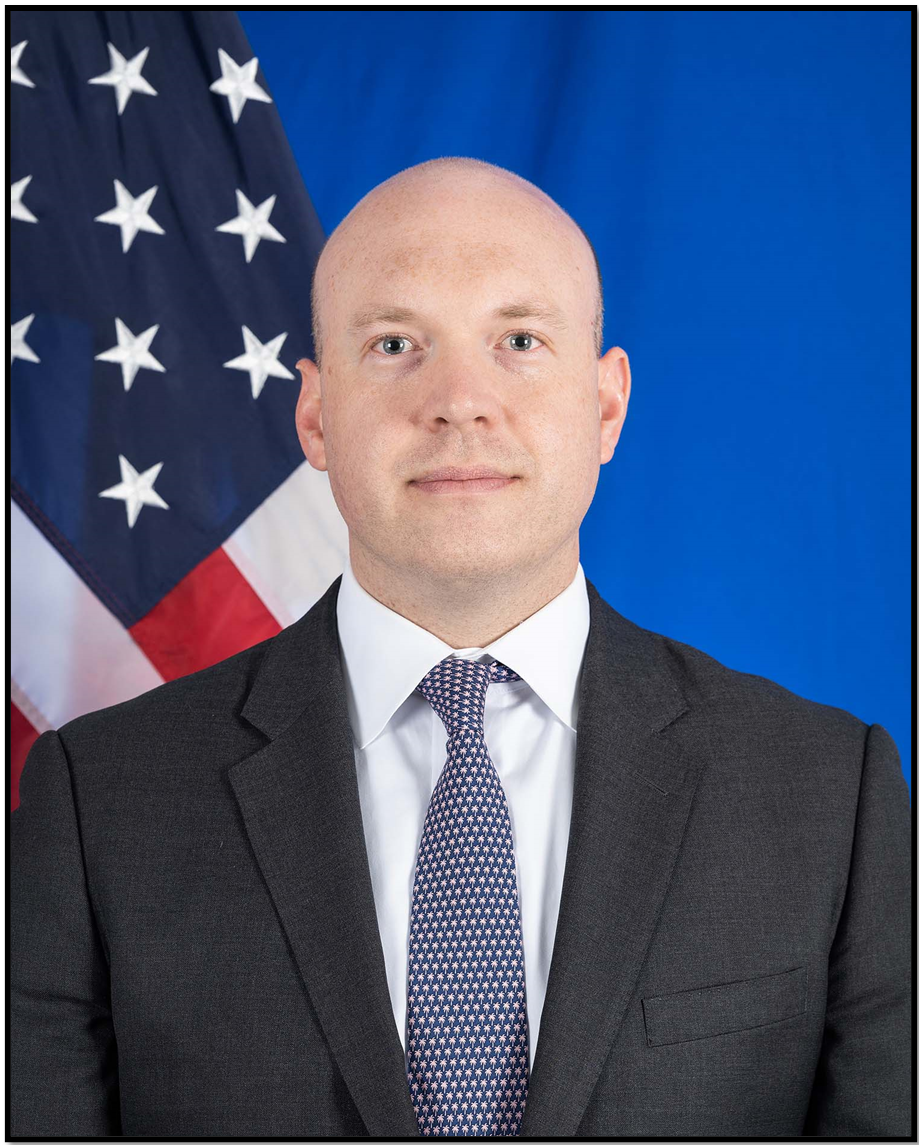The following are comments by U.S. officials on Iran's 2024 presidential election.
National Security Council Coordinator for Strategic Communications John Kirby on July 8
“We’re not in a position where we’re willing to get back to the negotiating table with Iran just because they elected a new president. They’re still supporting terrorist groups like Hamas and Hezbollah. They’re still supporting the Houthis as the Houthis attack ships in the Red Sea. They’re still attacking shipping as well. And they’re still supplying drones and drone technology and drone expertise to the Russians so that the Russians can continue to kill innocent Ukrainians like they did over the weekend.”
“We will see what [Pezeshkian] wants to get done, but we are not expecting any changes in Iranian behavior sadly.”
State Department Spokesperson Matthew Miller on July 8
“So we have no expectations that this election will lead to a fundamental change in Iran’s direction or its policies. At the end of the day, it’s not the president that has the ultimate say over the future of Iran’s policy; it is the supreme leader, and of course we have seen the direction that he has chosen to take Iran in. Obviously, if the new president had the authority to make steps to curtail Iran’s nuclear program, to stop funding terrorism, to stop destabilizing activities in the region, those would be steps that we would welcome. But needless to say, we don’t have any expectations that that’s what’s likely to ensue.”
“So let’s let [Pezeshkian] take office first. I don’t have anything to announce today. We have always said that diplomacy is the most effective way to achieve an effective, sustainable solution with regard to Iran’s nuclear program, one of the issues with which we have great concerns, obviously, and nothing about the election has changed that. But we have also made clear that we are far from any kind of meaningful diplomatic resolution right now given Iran’s escalation across the board.”
State Department spokesperson Vedant Patel on July 1
"We’re not in a position to confirm or – any turnout number or speculate on what the implications of that might mean for the Iranian regime. Our viewpoint is that even the Iranian Government’s official numbers about turnout are most – like most other things as it relates to the Iranian regime, are unreliable. Our view is that these elections in Iran are not free and fair, and we have no expectation that these elections and whatever the outcome might be will lead to a fundamental change in Iran’s direction or lead the Iranian regime to offer more respect for human rights and more dignity for its citizens."
 Deputy Special Envoy for Iran Abram Paley on June 26
Deputy Special Envoy for Iran Abram Paley on June 26
“As the Iranian regime prepares for its presidential elections, the U.S. unfortunately has no expectation of free and fair elections or fundamental change in Iran’s direction. Of course, the candidates have been hand-picked by the Guardian Council, but we also know the Iranian people lack access to even the most basic freedoms; necessary features of any democracy. In the face of the authoritarian regime’s long history of harassing and intimidating journalists, suppressing election coverage, and denying freedom of peaceful of assembly, we support the Iranian people. The United States will continue to defend human rights in Iran, shine a light on the regime’s repression, and support a free and democratic future.”
State Department spokesperson on June 30
"The elections in Iran are not free and fair.”
"Unfortunately, we have no expectation that these elections, whatever the outcome, will lead to fundamental change in Iran’s direction or more respect by the Iranian regime for the human rights of Iran’s citizens.”
